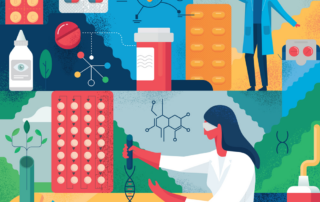Striking inequalities in provision of life-saving heart valve replacement in England
Women, Black and Asian people, and those from deprived areas much less likely to have it There are striking inequalities in the provision of major (aortic) heart valve replacement surgery across England, with women, Black and Asian people, and those living in areas of deprivation much less likely to receive ...










